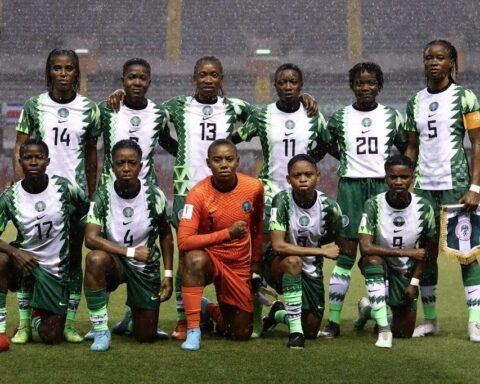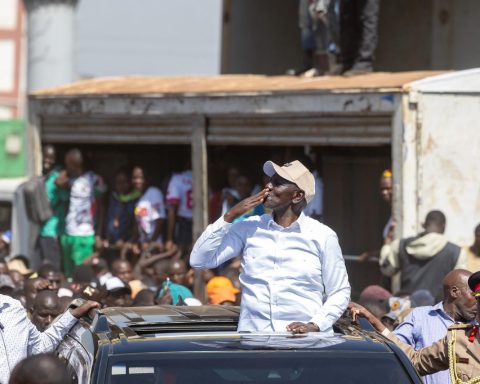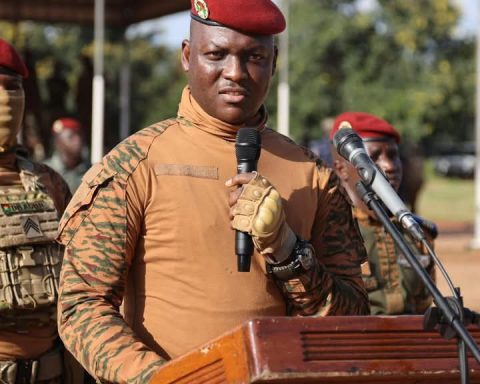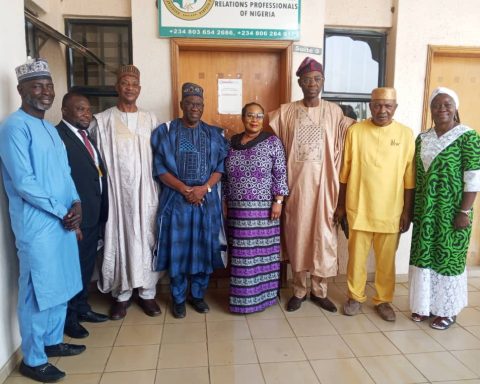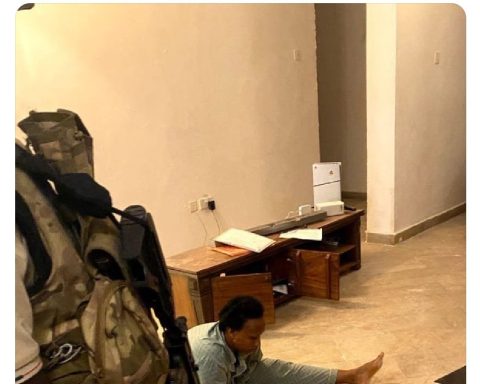The National Election Board of Ethiopia (NEBE) has officially removed the Tigray People’s Liberation Front (TPLF) from its registry of political parties, citing the party’s failure to meet legal requirements. The decision, announced on May 13, 2025, follows months of non-compliance by the TPLF and could have significant implications for Ethiopia’s fragile peace process.
The TPLF, a former ruling party in Tigray, was initially deregistered in 2021 after the outbreak of a two-year war between federal forces and Tigrayan rebels. The conflict, which began in November 2020, resulted in widespread devastation and a humanitarian crisis before ending with the November 2022 Pretoria Peace Agreement.
Join our WhatsApp ChannelUnder the terms of that deal, the TPLF was permitted to re-register as a political party in August 2024, contingent on meeting certain conditions, including holding a general assembly and restructuring its leadership within six months.
NEBE’s statement on Monday confirmed that the TPLF had not fulfilled these requirements by the initial deadline, leading to a suspension in February 2025. Despite a three-month extension, the party still failed to comply, prompting the board to revoke its registration permanently.
READ ALSO: Celebrating Ethiopian Airlines delivery of the first A350-1000 in Africa equipped with Thales’s AVANT Up IFE
“The party did not take corrective measures within the given timeframe,” NEBE said, adding that the deregistration was effective immediately.
The move raises concerns about the future of the Pretoria Agreement, which was designed to reintegrate Tigray into Ethiopia’s political system. The TPLF’s legal status was seen as a key component of that process, and its removal could complicate ongoing reconciliation efforts.
While NEBE maintains that its decision was based solely on legal grounds, the TPLF has previously accused the board of political bias. The party has not yet issued an official response to the latest development.
The deregistration leaves the TPLF without federal recognition, casting doubt on its ability to participate in future elections. It also raises questions about the role of the Tigray Interim Administration (TIA), established under the peace deal to govern the region during the transition.
Analysts warn that sidelining the TPLF could heighten tensions in Tigray, where the party retains significant influence. The Ethiopian government has not commented on whether the decision affects the TIA’s mandate or the broader implementation of the Pretoria Agreement.
With regional stability at stake, the coming weeks will be critical in determining whether Ethiopia’s peace process remains on track—or faces new challenges.


